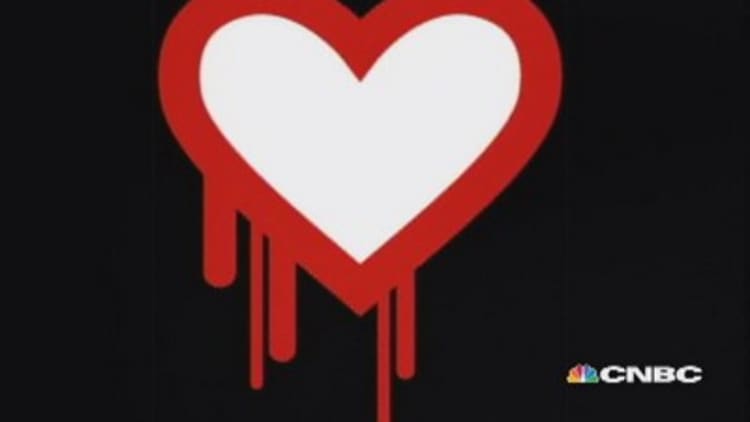As musicians release summer concert and entertainment tour schedules, fraudsters are gearing up to get a financial piece of the action.
Every year, nearly 5 million consumers receive fraudulent concert, sporting event and theme park tickets, costing the music industry more than $4 million a month in losses, according to AARP, which tracks consumer alert information for their members.
"If there is a dollar to be made, people look for it," said Molly O'Hearn, vice president of operations for fraud prevention company, iovation. There are two main types of summer concert ticket scams—those that prey on merchants, and scams that prey on consumers, O'Hearn said.
Buying tickets with fraudulent credit cards

Here's how the scams work.
Fraudsters will buy tickets from legitimate merchants online using fraudulent credit cards, O'Hearn told CNBC. With the immediacy of the Internet, by the time the merchant realizes the credit card was fraudulent, often the scammer already has pocketed the legitimate ticket. In cases like this, "the online seller eats the cost," O'Hearn said.
One way online merchants can protect themselves is to check where the buyer is actually located. O'Hearn said if a person says they live in Portland, Oregon, but his or her computer's Internet protocol or IP address says they are in Brazil, the transaction may be fraudulent. Fraud prevention company iovation also suggests online merchants use extra caution with group sales, which could be costly if they turn out to be illicit.
Read More Hacker starts hedge fund targeting vulnerable companies
Consumer scams
Beyond stealing tickets for free, scammers also want to make consumers part with your hard-earned cash. According to iovation, two common scams involve consumers paying for tickets and not receiving them, and paying for tickets but receiving fake ones.
In addition to getting cheated into buying fake tickets, consumers also may be unwittingly turning over personal information to an identity thieves in the process, O'Hearn said.
Crooks also take advantage of the fact more concert venues allow ticket holders to print tickets from personal computers. According to O'Hearn, fraudsters use this option to their advantage and sell the same ticket over and over to unsuspecting consumers. The first fan to arrive at the concert will get in, but the rest, who thought that had purchased legitimate tickets, will be left out. Most tickets have a unique barcode that only allows one admission.
So how can consumers protect themselves?
How to avoid being scammed

The Better Business Bureau offers some tips for avoiding ticket scam. For example, the fraudulent seller usually offers a sad tale as to why they cannot use the tickets; the seller will only accept cash, wire transfer or a prepaid money transfer and the seller pressures victims to act quickly.
And if you're buying a ticket online, there are ways to protect yourself this summer concert season, experts told CNBC.
First, stick with well-known ticket sellers like Ticketmaster and StubHub. These sites offer buyer guarantees that protect you against unscrupulous sellers. While sites such as eBay and Craiglist may offer cheaper prices through individual sellers, they are riskier, according to iovation and AARP.
In an email to CNBC, a eBay spokesman said they "utilize a combination of sophisticated detection tools, enforcement and strong relationships with brand owners, retailers and law enforcement agencies to effectively combat fraudulent activity and present our customers with a safe, trusted shopping experience."
Craigslist did not respond to CNBC's request for comment but offers tips online to avoid scams.
If you opt for an online seller you're not familiar with, do your research. Fraudulent merchants may even use fake Better Business Bureau logos to advertise fake deals. Iovation suggests checking a seller's reviews with the bureau. If you're still unsure, you can also check to see if the vendor is a member of the National Association of Ticket Brokers.
Once you are entering payment info, check that there is a lock symbol in your browser or that the website starts with "https://" instead of "http://" without the "s." An "s" in the URL indicates the website is encrypted to protect a hacker from gaining your credit card information.
Finally, iovation suggests paying with a credit card or PayPal, which allows you to dispute a payment if you do not receive a ticket. If you pay with cash or a wire transfer, there's no recourse.
Read MoreHow IRS impersonators target tax filers after April 15 deadline
If you suspect you may have received a counterfeit ticket, contact the National Association of Ticket Brokers at 630-510-4594.
—By CNBC's Jennifer Schlesinger. Follow her on Twitter @jennyanne211


